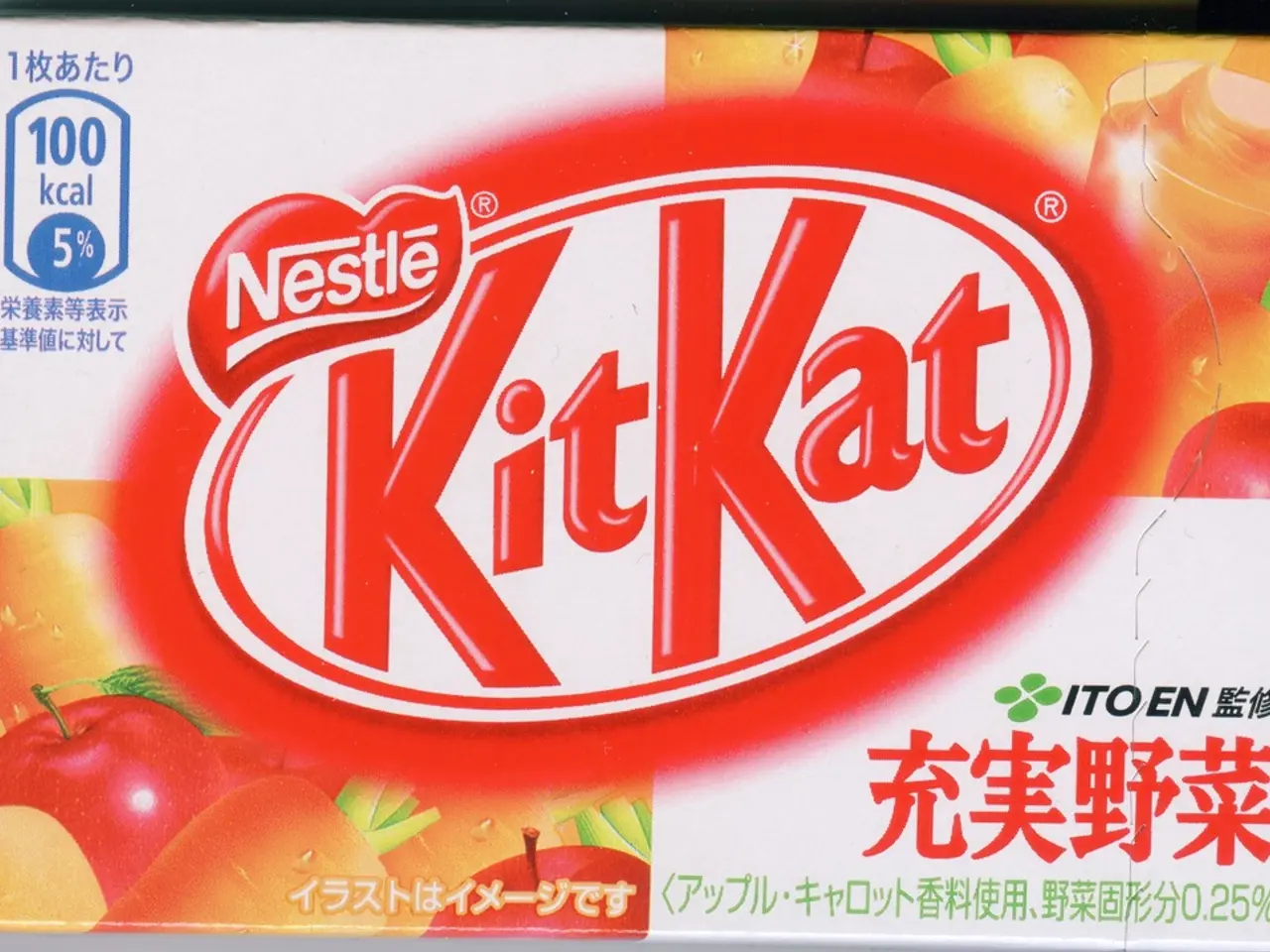Strategies for Rapid and Safe Weight Gain
In the quest for healthy weight gain, it's essential to focus on increasing caloric intake with nutritious foods, boosting protein consumption, and incorporating weight training to build muscle mass.
To create a calorie surplus needed for weight gain, aim to consume 300 to 500 calories more than your daily energy expenditure. Opt for frequent, balanced meals and snacks throughout the day—about 3 to 6 eating sessions—to comfortably increase calories without excessive fullness.
Include calorie-dense but healthy foods such as nuts, seeds, avocados, dried fruits, and healthy fats in your diet, rather than junk or processed foods to avoid unhealthy fat gain and long-term health risks like diabetes or heart problems. Incorporate starchy foods like yams, potatoes, rice, whole wheat pasta, oats, quinoa, and whole grains (e.g., rye, ragi, barley) that provide carbohydrates, energy, fiber, and essential nutrients like vitamins and minerals. Use whole-fat dairy products such as whole milk, full-fat yogurt, and cheese to offer calories along with calcium, potassium, and vitamin B12.
Protein is essential for muscle repair and growth, helps maintain lean mass during weight gain, and supports metabolic health. Include a source of protein in every meal—examples include lean meats, eggs, dairy, legumes, and plant-based proteins like tofu. Consuming adequate protein helps you feel fuller longer and supports muscle synthesis when combined with resistance exercise. Protein intake also helps regulate hunger-related hormones and boosts the energy your body spends digesting food, contributing to healthy metabolism.
Engage in regular, moderate weight training to convert extra calories into muscle rather than fat. Weight training stimulates muscle hypertrophy and strength improvement. Avoid excessive aerobic exercise that can burn too many calories if the goal is weight gain. Combining a calorie surplus with resistance training promotes healthy weight gain by adding lean muscle mass and improving body composition instead of just fat accumulation.
To summarise, focus on increasing caloric intake with nutritious foods, consuming a sufficient amount of protein, and engaging in regular weight training for safe and effective healthy weight gain. Be mindful of the types of food you consume and avoid unhealthy fats and junk foods as they can cause unhealthy fat gain and increase the risk of metabolic diseases.
For personalised advice, consult a doctor, a registered dietitian, or a fitness professional to ensure you are gaining weight safely and effectively.
[1] American Heart Association. (2021). Healthy Fats. [Online] Available at: https://www.heart.org/en/healthy-living/healthy-eating/eat-smart/fats/healthy-fats
[2] Academy of Nutrition and Dietetics. (2021). Protein: How Much Do You Need Every Day? [Online] Available at: https://www.eatright.org/food/nutrition/protein/protein-how-much-do-you-need-every-day
[3] International Society of Sports Nutrition. (2020). Position Stand: Protein and Exercise. [Online] Available at: https://jissn.biomedcentral.com/articles/10.1186/s12970-020-03753-z
- Unhealthy weight gain can lead to diseases like diabetes, cardiovascular type problems, and obesity-related complications.
- A balanced diet that includes fruits, vegetables, lean proteins, whole grains, and healthy fats is crucial for overall health, including preventing diseases like ulcerative colitis, depression, and atopic dermatitis.
- To predict the risk of these diseases, various tools can be used, such as Body Mass Index (BMI), Atopic Dermatitis (AQ), and even some food and food benefits programs.
- Maintaining a healthy weight through a balanced diet and regular exercise can also help in managing weight-related diseases like diabetes, breast cancer, and COPD.
- Obesity can contribute to health issues like diabetes, heart disease, bipolar disorder, and certain types of cancer.
- Weight loss, when required, should not just focus on reducing calories but should also consider nutrition, fitness-and-exercise, and health-and-wellness aspects.
- For instance, a diet low in processed foods and high in fiber-rich foods like fruits, vegetables, and whole grains can aid in weight loss while also providing essential nutrients.
- Similarly, regular exercise, including weight training and cardiovascular activities, can help in weight loss by increasing metabolism and building muscle mass.
- HIV patients should also focus on maintaining a healthy weight through a balanced diet and regular exercise, as unhealthy weight loss can worsen the condition.
- Incorporating nutrition education in healthcare settings can help patients make informed food choices and manage their weight effectively.
- Science continues to evolve, and we now understand that certain diets may be more effective for weight loss, such as the Mediterranean diet or a diet high in plant-based proteins.
- Regardless of the diet followed, it's essential to focus on overall health and well-being, not just weight loss.
- For personalized advice on weight management, it's recommended to consult a healthcare professional, registered dietitian, or fitness expert.
- Lastly, remember that a healthy lifestyle involves not just managing weight but also maintaining good skin health, as excess weight can contribute to conditions like acne and psoriasis.







